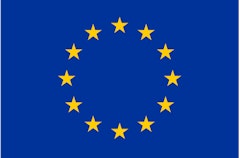
European Union
This publication has been produced with the financial assistance of the European Union as part of the Clean Energy Transitions in Emerging Economies programme. This publication reflects the views of the International Energy Agency (IEA) Secretariat but does not necessarily reflect those of individual IEA member countries or the European Union (EU). Neither the IEA nor the EU make any representation of warranty, express or implied, in respect to the article's content (including its completeness or accuracy) and shall not be responsible for any use of, or reliance on, the publication. The Clean Energy Transitions in Emerging Economies programme has received funding from the European Union’s Horizon 2020 research and innovation programme under grant agreement No 952363.
Read more